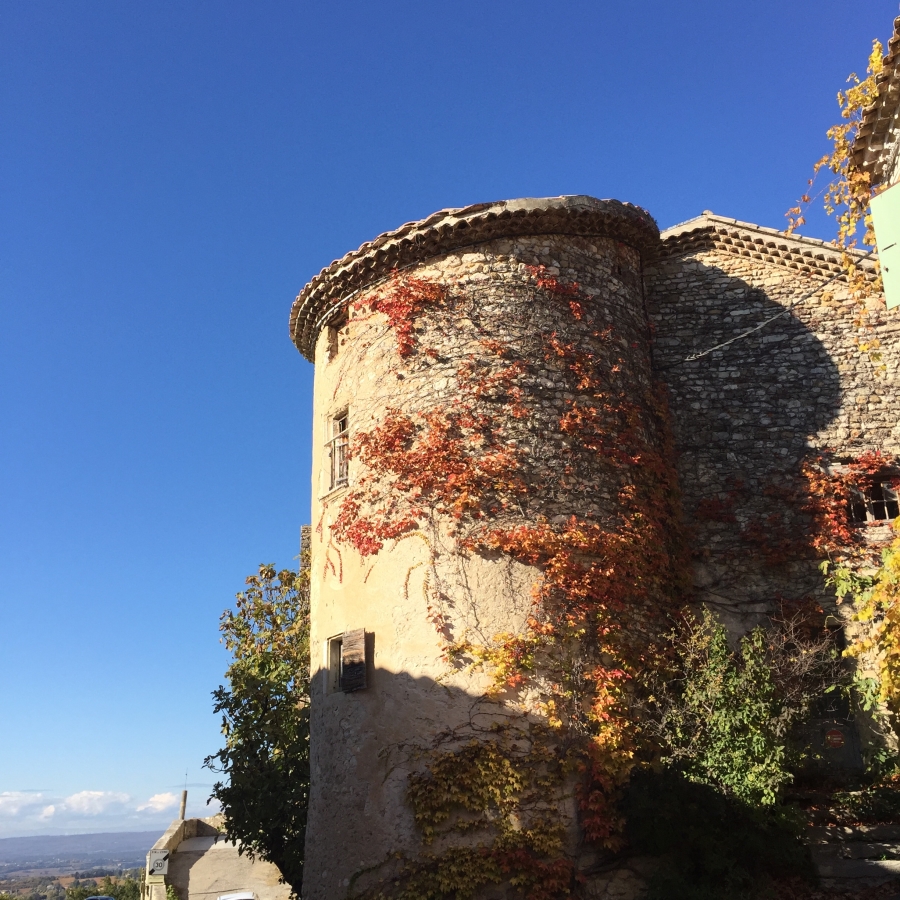
Photo by: Chloé Landrieu Murphy
To many , the cliché vision of the frenchman is one toting a beret, baguette in hand, cigarette in mouth, and glass of wine strategically placed at his side. Though these conceptions are often exaggerated and untrue, one thing that has remained eminent throughout the ages is wines place in french society. In France, with the rise of Catholicism came a rise in wine consumption, influenced greatly by religious orders, the beverage established its place as a potent and spiritual substance, a representation of the blood of christ himself, thus separating its position from that of many other commodities an
d giving it sacred and ceremonial properties.
Though the historical origins of wine are recognized as hailing from Greece, Iran and Armenia, viticulture in France has existed and remained culturally and economically integral since the founding of Massalia ( now modern day Marseille) in 6BC. In Roland Barthes Mythologies the author highlights the cultural significance of the act of wine drinking asserting that “Knowing how to drink is a national technique which serves to qualify the Frenchman, to demonstrate at once his performance, his control and his sociability” in his wine and milk chapter Barthes also states that “Other countries drink to get drunk, and this is accepted by everyone; in France drunkenness is a consequence, never an intention. ”
For centuries wine has been considered an innate part of French society and the ceremonies of daily life, weather marriage, casual dinner, picnic or communion, as Barthes said “There is no situation involving some physical constraint (temperature, hunger, boredom, compulsion, disorientation) which does not give rise to dreams of wine.” Recently while speaking to both my Grandmother and Jean-François Julian (a winemaker in the Drôme with whom I recently spent a week WWOOFing with) questions of the shifts of wines place in the daily lives of french citizens arose. Both spoke of a time where wine was more than a celebratory drink, it was a daily element at meals. In the 1970s and 80s France experienced a shift in the perceptions of wine, transforming the drink from one of the people to a beverage primarily reserved for middle and upper classes, moving from mass production and table wines to a focus on higher quality and often more expensive product.
In Marion Demossier’s The Quest For Identities: Consumption of Fine Wine In France she comments on the mentality shift regarding wine that emerged in the 1980’s saying “The new culture of Wine emerged in the 1980s in the context of changing patterns of wine consumption. This new culture of wine is defined by the large diffusion of journals, magazines, guides, photographs or other types of publications mainly edited or written by wine experts, journalists, historians, professionals or even politicians. This growing literature was accompanied by the explosion of places devoted to wine drinking as a specific social act, of associations, festivals and clubs as wine drinking places. The success of such initiatives illustrates the

Photo by: Chloé Landrieu Murphy
decline of a traditional and private culture of wine and the emergence of an emblematic and fragmented culture of wine.” With these shifts in public portrayal and ceremony wine soon became representative of indulgence, and the drinking of wine, an activity in its own right, accentuating the class divide in France’s consumption of wine and resulting in a decrease in mass production.
Wine consumption in France has decreased steadily in recent decades (25% from 1970 to 1990, though studies have shown an increase in occasional wine drinkers since 2010) while the consumption of beer and other alcohols not local to the country have increased, questions of the wines place in society are currently highly contested. Though wine’s new status as a leisure activity and drink serves as a class barrier for many, many table wines do remain available, and some would argue the recent flux of interest regarding high quality wines brings a sense of consciousness and appreciation to the product.
Changes in food habits are arguably never static, but is the shift in current wine consumption and increase global interest in the product a result of globalization and a hiccup in consumption patterns or a permanent shift in the cultural value of wine in France?